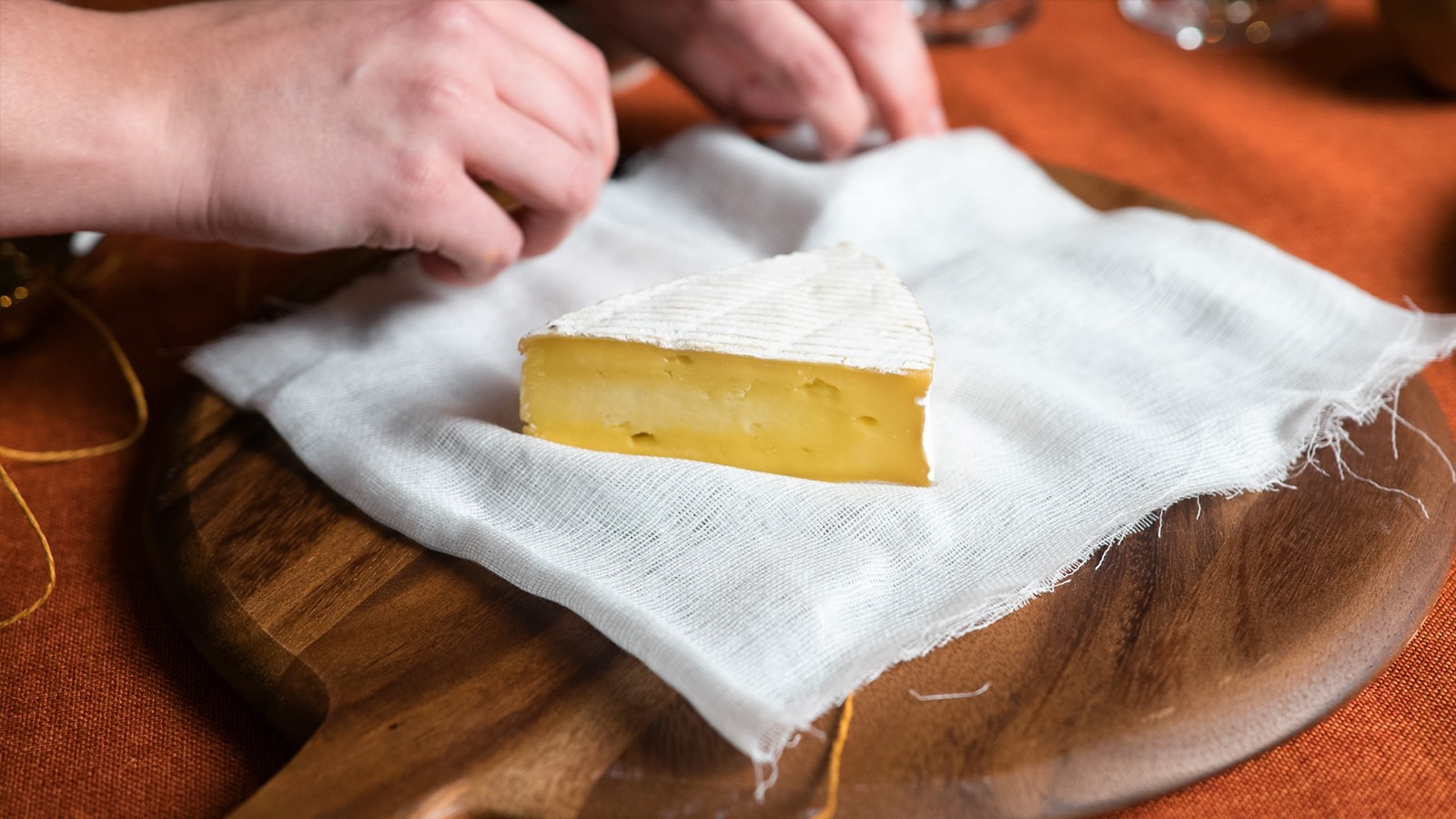

Articles
How To Store Brie
Modified: January 8, 2024
Learn how to properly store Brie cheese with our informative articles. Discover the best methods for preserving its rich flavor and texture.
(Many of the links in this article redirect to a specific reviewed product. Your purchase of these products through affiliate links helps to generate commission for Storables.com, at no extra cost. Learn more)
Introduction
Welcome to the world of Brie cheese! If you are a cheese-lover, chances are you’ve come across this soft and creamy delicacy. Brie cheese is a French classic, known for its buttery flavor and velvety texture. Whether enjoyed on its own, with a crusty baguette, or incorporated into a delicious recipe, Brie cheese is a versatile and indulgent treat.
In order to fully enjoy the flavors and textures of Brie cheese, it is crucial to store it properly. By following the correct storage methods, you can preserve the quality and extend the shelf life of your Brie cheese.
In this article, we will explore various aspects of storing Brie cheese, including how to select the best Brie cheese, the optimal storage conditions, and step-by-step guidelines to ensure your Brie cheese stays in prime condition. Whether you are a cheese enthusiast or a casual consumer, this guide will equip you with the knowledge you need to store Brie cheese like a pro.
Key Takeaways:
- Properly storing Brie cheese is crucial for preserving its rich flavor and creamy texture. Select high-quality Brie with a well-developed rind, store it in the refrigerator, and enjoy it within a few days for optimal indulgence.
- Understanding the nuances of Brie cheese selection and storage is key to savoring its decadent goodness. From checking the rind to maintaining airflow, follow these steps to ensure your Brie stays fresh and delicious.
Read more: How To Store Brie Cheese
Understanding Brie Cheese
Brie cheese is a soft, cow’s milk cheese that originated in the Brie region of France. It is easily recognizable by its pale, bloomy rind and creamy interior. Brie has a mild and slightly sweet flavor, with hints of butter and earthiness. The texture is rich and smooth, making it incredibly satisfying to eat.
Traditionally, Brie cheese is made from raw milk, which gives it a unique flavor profile. However, many commercial Brie cheeses are made from pasteurized milk for reasons of food safety. Both types of Brie have their own merits, and it ultimately comes down to personal preference. If you prefer a stronger and more complex flavor, seek out Brie made from raw milk.
Brie cheese is typically aged for a few weeks to several months. During the aging process, the cheese develops its distinctive characteristics. The rind develops a soft, white layer of mold, known as Penicillium candidum, which contributes to its velvety texture and adds a subtle mushroom flavor.
One unique aspect of Brie cheese is its ability to ripen from the outside in. This means that the edges of the cheese will usually be softer and more flavorful than the center. As the cheese ages, the texture becomes creamier and the flavor more pronounced.
Whether you prefer a young and firm Brie or a mature and runny one, the key to enjoying the best Brie cheese lies in understanding how to select and store it properly.
Selecting Brie Cheese
When it comes to selecting Brie cheese, there are a few factors to consider to ensure you get the best quality and flavor.
1. Check the rind: Look for Brie cheese with a well-developed, bloomy rind. The rind should be creamy white in color and free from any dark spots or discoloration. Avoid Brie with cracked or damaged rinds, as this can indicate poor quality.
2. Texture: Gently press the cheese to determine its firmness. A good quality Brie cheese should give slightly under gentle pressure, but not be overly soft or mushy. The texture should be consistent throughout the cheese.
3. Smell: Brie cheese should have a pleasant, slightly tangy aroma. Avoid cheese with strong or pungent odors, as this can indicate that it is past its prime.
4. Taste: If possible, ask for a sample to taste before purchasing. Brie cheese should have a mild, creamy flavor with subtle hints of butter and mushrooms. The taste should be well-balanced and not too overpowering.
5. Consider your preference: Keep in mind that Brie cheese comes in various styles, ranging from young and firm to mature and runny. Choose a style that suits your personal preference and the intended use of the cheese. Younger Brie will have a milder flavor, while mature Brie will be more intense and aromatic.
Remember, the quality of the Brie cheese you select will greatly impact the overall taste and experience. Take your time to evaluate the rind, texture, smell, and taste, ensuring you choose a Brie cheese that meets your expectations.
Storing Brie Cheese
Proper storage is essential to maintain the quality and flavor of Brie cheese. Here are some key considerations when it comes to storing your Brie:
1. Temperature: Brie cheese is best stored at a cool temperature, ideally between 45°F (7°C) and 50°F (10°C). Avoid storing Brie cheese at extreme temperatures, as it can affect the texture and taste.
2. Packaging: Brie cheese is typically sold in its original packaging, which helps to protect it. If the original packaging is intact and in good condition, you can store the cheese in it. However, if the packaging is damaged, it is recommended to wrap the cheese in wax or parchment paper to prevent moisture loss.
3. Airflow: Brie cheese needs some airflow to prevent the growth of unwanted bacteria. Avoid sealing the cheese in an airtight container or plastic wrap, as this can cause the cheese to become mushy and develop off-flavors. Instead, loosely cover the cheese to allow for some airflow.
4. Separate Storage: It is best to store Brie cheese separately from other strong-smelling foods, as it can absorb odors easily. If possible, store Brie cheese in a dedicated cheese storage container or designated section of your refrigerator.
5. Shelf Life: Brie cheese is a perishable product, and its shelf life will vary depending on factors such as the freshness of the cheese and the conditions in which it is stored. Generally, Brie cheese can be stored for up to a week in the refrigerator, but it is best enjoyed within a few days of purchase for optimal flavor and texture.
By following these guidelines, you can maximize the shelf life of your Brie cheese and ensure that it retains its delicious taste and creamy texture.
Store Brie in the original packaging or wrap it in wax paper and then in plastic wrap. Keep it in the refrigerator at 40°F (4°C) and consume within 1-2 weeks for best quality.
Step-by-Step Guide to Storing Brie Cheese
Follow these simple steps to properly store your Brie cheese:
1. Keep it cool: Store your Brie cheese in the refrigerator, ideally in the cheese or dairy compartment where the temperature is consistently cool. Avoid placing the cheese in the door of the refrigerator, as the temperature there tends to fluctuate.
2. Maintain airflow: Remove the Brie cheese from its original packaging and wrap it loosely in wax or parchment paper. This will allow some airflow and prevent the cheese from becoming too moist. This step is crucial, as excess moisture can lead to mold growth or a slimy texture.
3. Use a cheese dome: If you have a cheese dome or a similar container with a breathable cover, place the wrapped Brie cheese inside. This will provide an added layer of protection while still allowing some airflow.
4. Store in a cool spot: Place the wrapped Brie cheese or the cheese dome in the coldest part of your refrigerator, such as the lower shelves or the bottom drawer. Avoid storing it near foods with strong odors, as Brie cheese can easily absorb them.
5. Check for freshness: Regularly inspect the Brie cheese for any signs of spoilage, such as mold growth or unpleasant smells. If you notice any changes in color, texture, or smell, it is best to discard the cheese.
6. Serve at the right temperature: Prior to serving, remove the Brie cheese from the refrigerator and let it sit at room temperature for about 30 minutes to an hour. This will allow the cheese to soften and develop its full flavors.
Following these steps will help ensure that your Brie cheese stays fresh, flavorful, and ready to be enjoyed whenever you’re in the mood for a delicious cheese indulgence.
Read more: How To Store Brie Once Opened
Alternative Storage Methods
While the refrigerator is the most common and recommended storage option for Brie cheese, there are a few alternative methods you can try if you don’t have access to a refrigerator or prefer a different approach:
1. Cheese cellar: If you have access to a cool and slightly humid area in your home, such as a cellar or basement, you can store your Brie cheese there. Make sure the temperature remains within the ideal range of 45°F (7°C) to 50°F (10°C). Keep in mind that you will need to monitor the cheese closely for any signs of spoilage or adverse changes in texture or taste.
2. Cheese wax: Another option is to coat the Brie cheese in a layer of cheese wax. Cheese wax acts as a barrier, sealing in the moisture and protecting the cheese from external factors. This method can be ideal if you plan to store the cheese for an extended period of time. However, it’s important to note that cheese wax may alter the flavor and texture of the Brie cheese, so it’s best reserved for longer-term storage and not for immediate consumption.
3. Vacuum sealing: If you have a vacuum sealer, you can vacuum seal your Brie cheese to remove excess air and prevent the growth of bacteria. This method can extend the shelf life of the cheese and help maintain its quality. However, be careful not to apply too much pressure when sealing, as the soft texture of Brie can make it more susceptible to squishing or deforming.
4. Cheese paper: If you can’t find wax or parchment paper, specially designed cheese paper can also be used to wrap Brie cheese. This paper allows the cheese to breathe while still providing some protection. Look for cheese paper that is coated with a breathable layer to prevent moisture buildup.
Remember, while these alternative methods can be useful in certain situations, they may not offer the same level of protection and freshness as storing Brie cheese in a refrigerator. It’s always best to use the optimal storage conditions whenever possible.
Frequently Asked Questions (FAQs)
Here are some frequently asked questions about storing Brie cheese:
1. Can I freeze Brie cheese?
While technically you can freeze Brie cheese, it is not recommended. Freezing can alter the texture and taste of the cheese, causing it to become grainy and lose its creamy consistency. If you must freeze Brie cheese, wrap it tightly in plastic wrap or aluminum foil, and consume it within a month after thawing.
2. How long can I store Brie cheese in the refrigerator?
Brie cheese can typically be stored in the refrigerator for up to a week. However, for the best flavor and texture, it is recommended to consume it within a few days of purchase. Always check for signs of spoilage, such as mold growth or off-putting odors, before consuming.
3. Can I store Brie cheese at room temperature?
While Brie cheese can be enjoyed at room temperature, it is not recommended to store it that way for an extended period of time. The warm temperatures can cause the cheese to become too soft and increase the risk of bacterial growth. It is best to store Brie cheese in the refrigerator to preserve its quality.
4. Can I eat the rind of Brie cheese?
Yes, the rind of Brie cheese is edible and adds flavor and texture to the overall experience. However, if you prefer to remove the rind, feel free to do so before consuming.
5. How can I tell if Brie cheese has gone bad?
Signs that Brie cheese has gone bad include a strong ammonia smell, an unusual texture (such as sliminess or excessive hardness), or visible mold growth that extends beyond the rind. If you notice any of these signs, it is best to discard the cheese.
These answers should provide some clarity on common concerns related to storing Brie cheese. However, if you have any specific questions or uncertainties, it is always best to consult the guidelines provided by the cheese manufacturer or a trusted source.
Conclusion
Properly storing Brie cheese is essential to preserve its flavor, texture, and overall quality. By following the guidelines outlined in this article, you can ensure that your Brie cheese stays fresh and delicious for as long as possible.
Remember to select high-quality Brie cheese with a well-developed rind, and consider your personal preference for texture and maturity. Store your Brie cheese in a cool location with some airflow, such as the refrigerator, and wrap it in wax or parchment paper.
While alternative storage methods such as cheese cellars or vacuum sealing can be useful in certain situations, the refrigerator remains the optimal choice for storing Brie cheese.
Lastly, be mindful of the shelf life of Brie cheese, as it is a perishable product. Enjoy it within a few days of purchase for the best taste and texture.
Now that you have learned the ins and outs of storing Brie cheese, you can confidently savor this decadent treat whenever you desire. So go ahead, indulge in the creamy and buttery goodness of Brie cheese, knowing that you have the knowledge to keep it fresh and delicious.
Frequently Asked Questions about How To Store Brie
Was this page helpful?
At Storables.com, we guarantee accurate and reliable information. Our content, validated by Expert Board Contributors, is crafted following stringent Editorial Policies. We're committed to providing you with well-researched, expert-backed insights for all your informational needs.


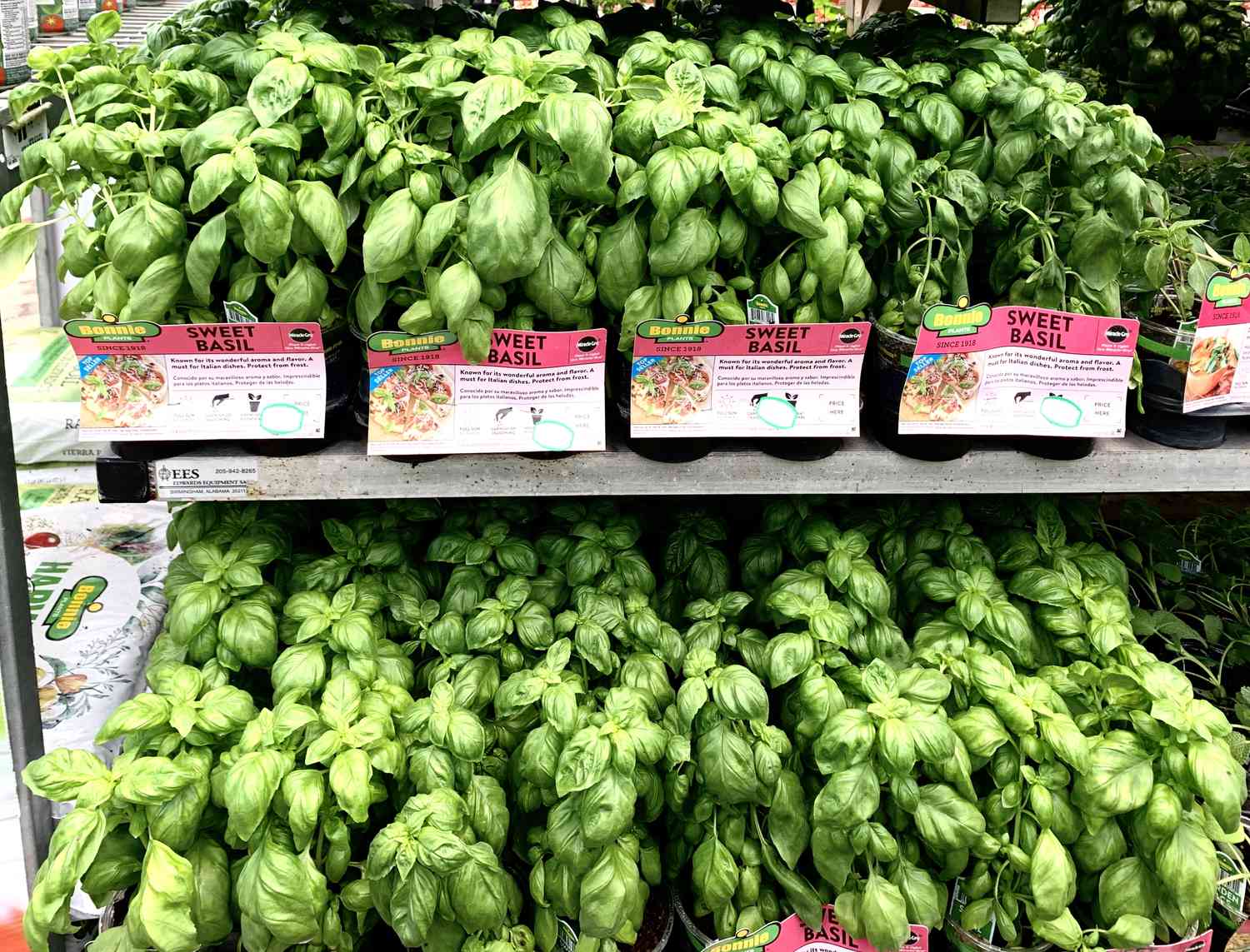
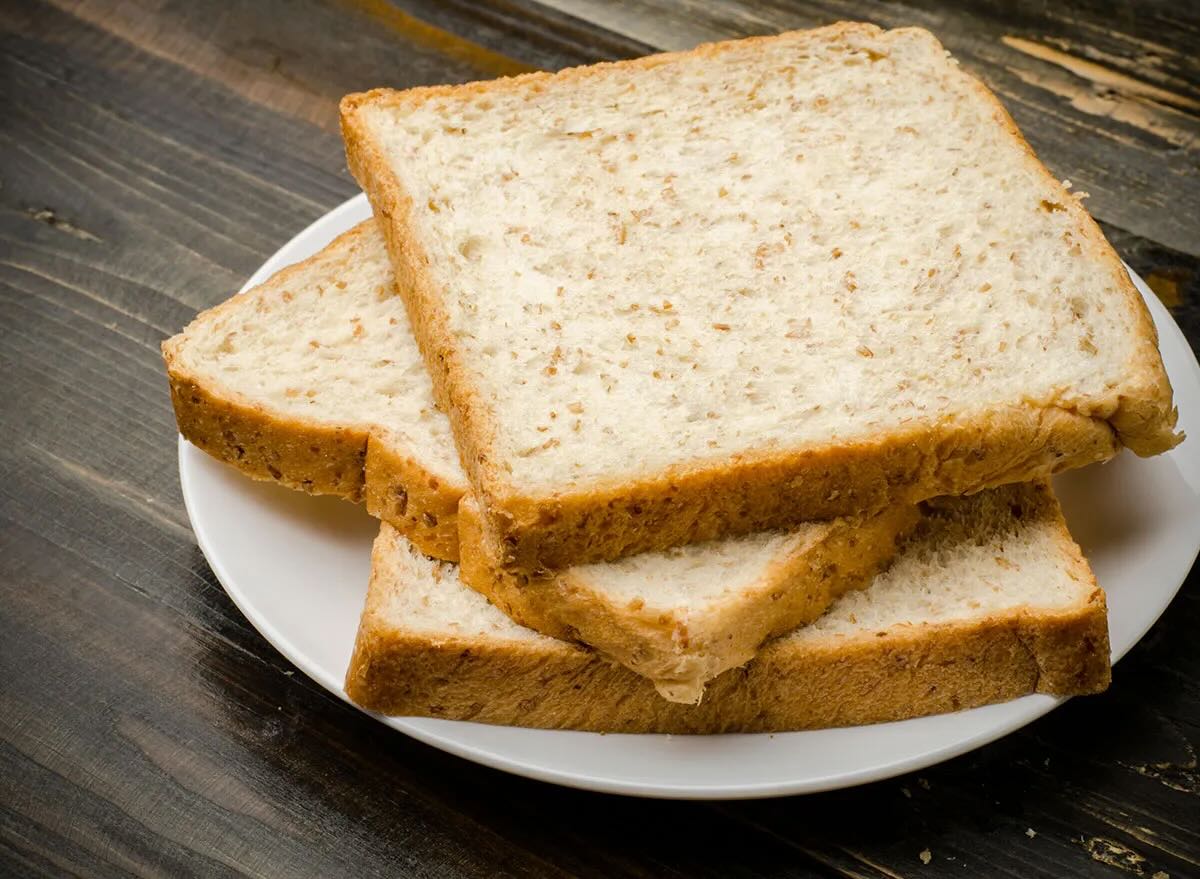

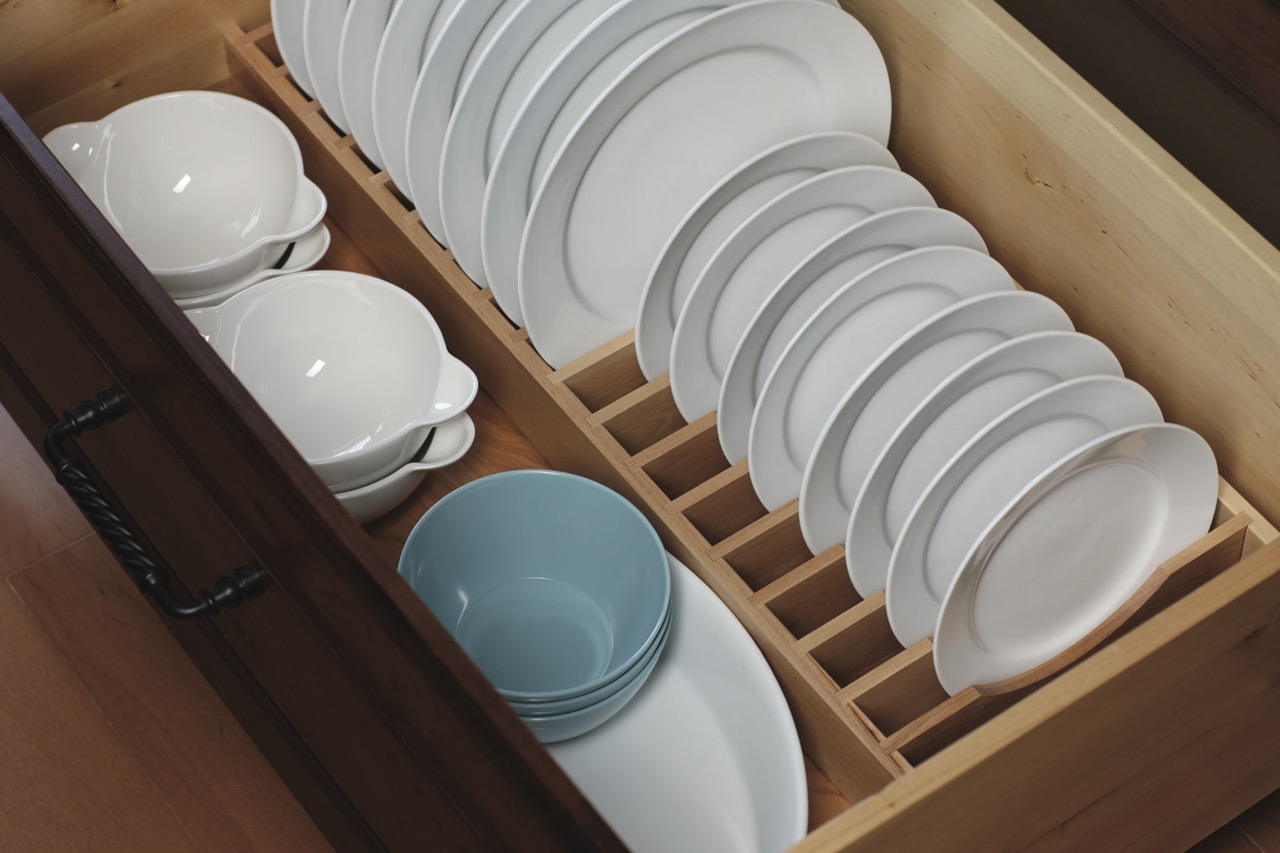




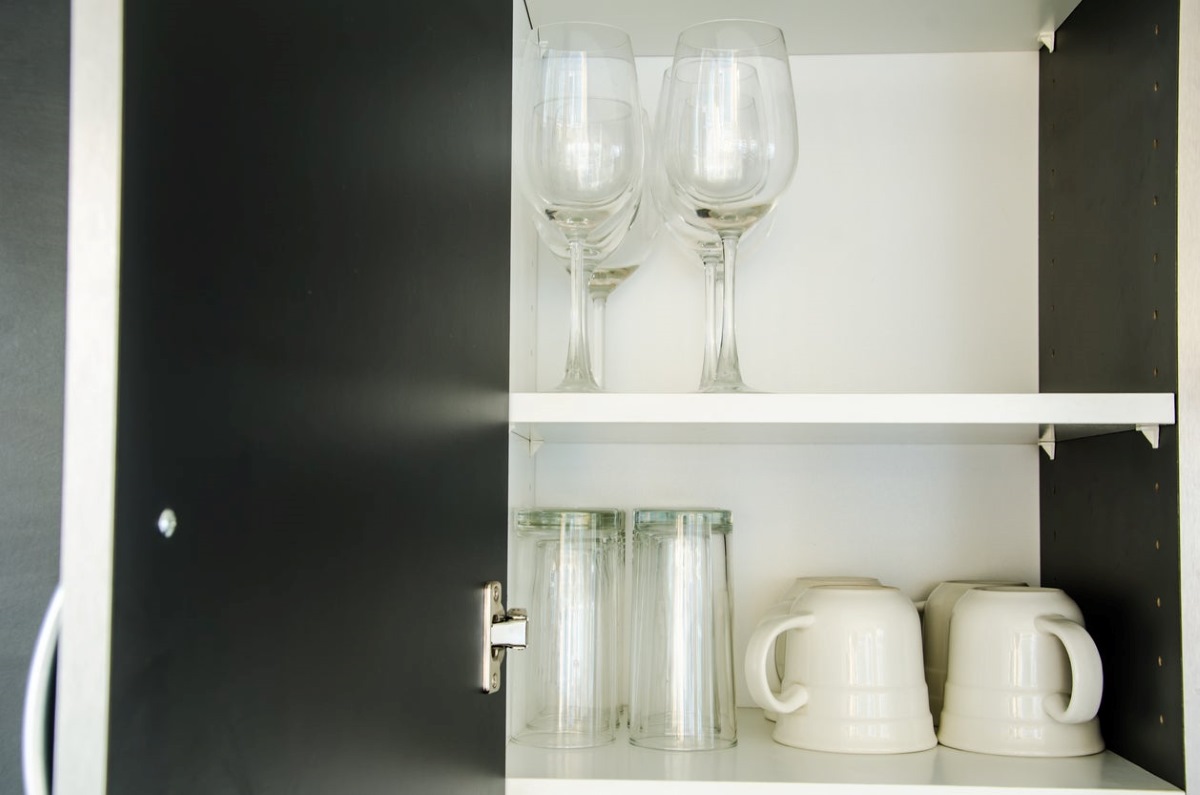

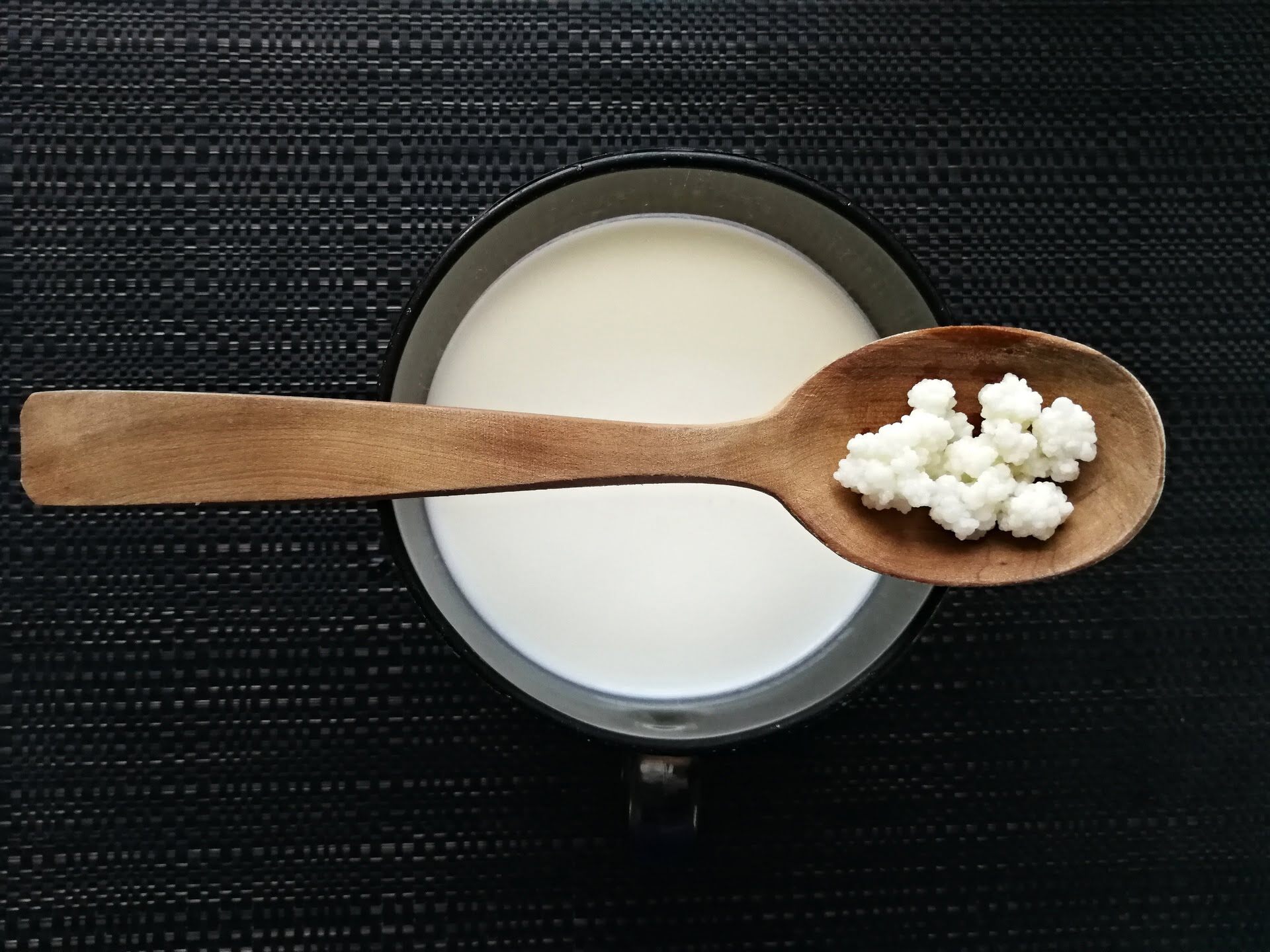
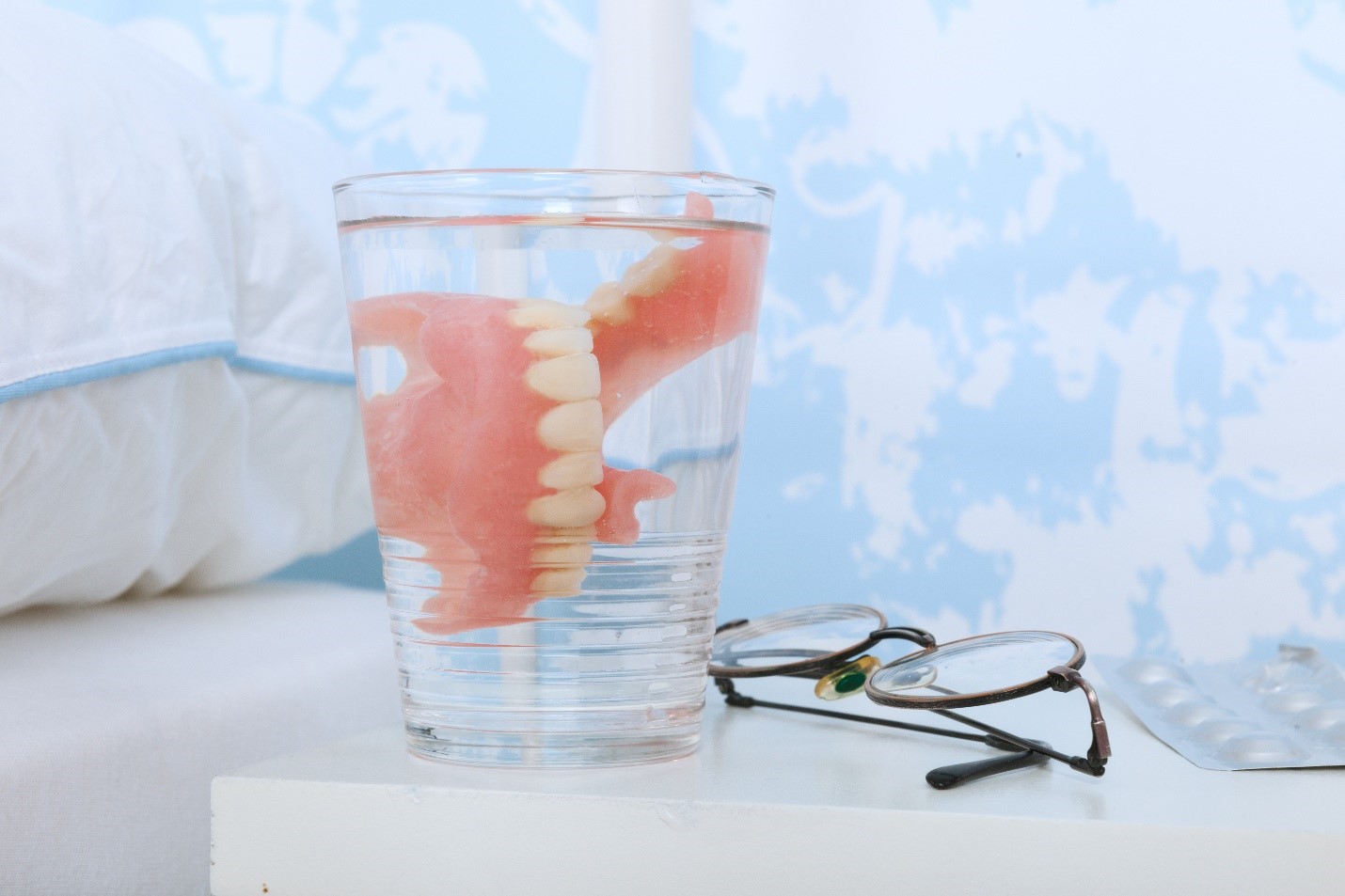

0 thoughts on “How To Store Brie”